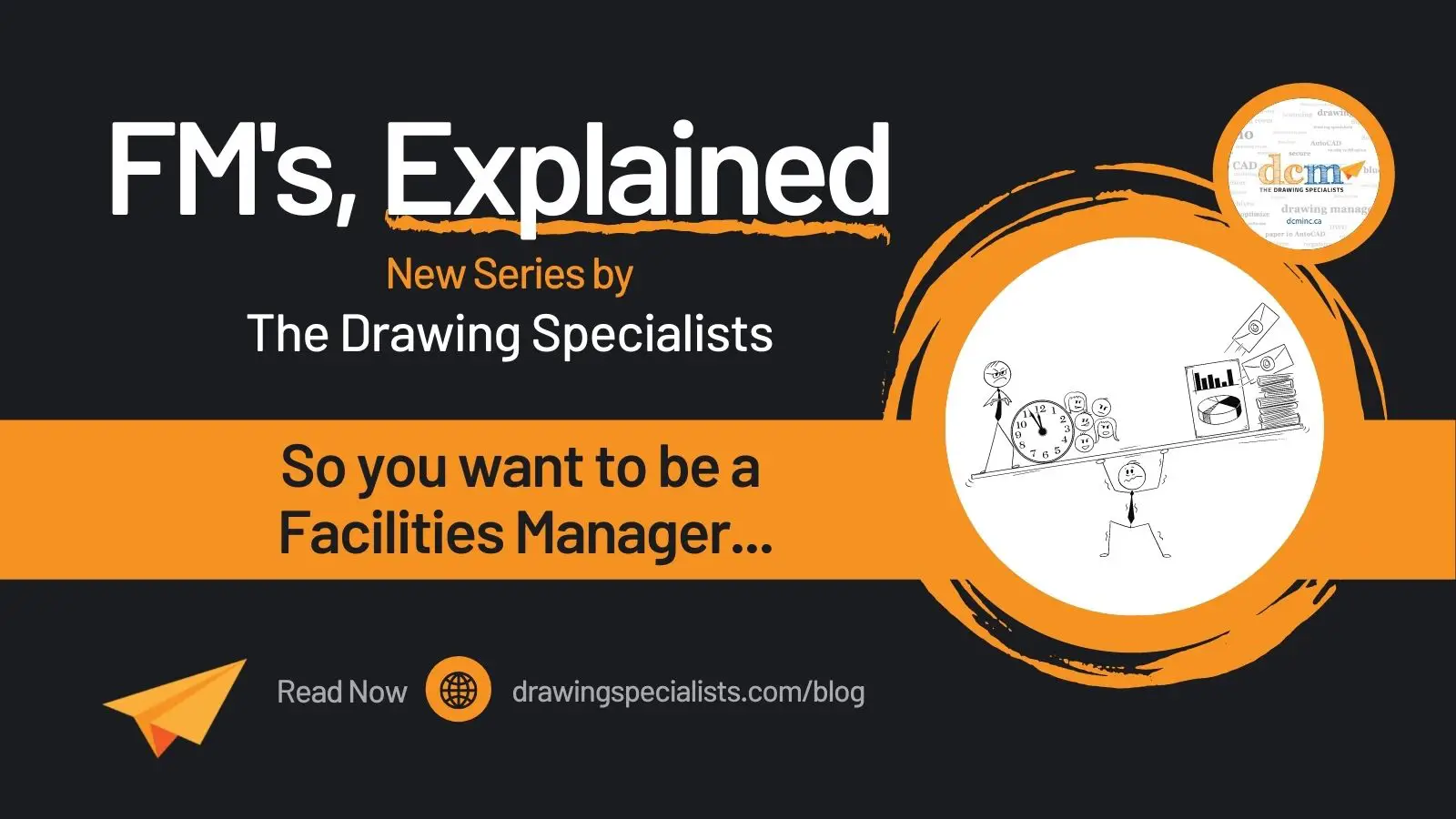So you want to be a Facilities Manager. What do you do first, and what do you really know about the profession? As part of our ongoing Facilities Managers Series, we spoke with several very experienced Facilities Managers to find out in their own words, their thoughts on their profession.
We asked them everything from what key characteristics a successful Facilities Manager has, to the future of the profession, and what a day in the life of a Facilities Manager is like.
We know there are a lot of different paths one can take to become a Facilities Manager. But we wanted to dive beyond education, to the nuances that really make the profession what it is. In which case, we asked Facilities Manager’s, what advice would you give to someone who was considering becoming a Facility Manager.
Things that only a Facilities Manager would know after years of doing the job.
Things that they may not find in a textbook.
Their replies were as focused on the people they work with, as it was about the skills they need for the job, and the buildings they looked after.
How to become a Facilities Manager –
Career Advice from FM’s
When you think of a Facilities Manager, what comes to mind? Organizational skills. Extensive training. The go-to person when something needs to be fixed in your building.
You’re on the right track. But what else do Facilities Managers have to take care of?
Safety – Facilities Management maintains the fire sprinkler systems, alarms systems, emergency lighting, and emergency preparedness plans.
Ergonomics – making sure the workplace fits the employee to improve comfort, health and satisfaction.
– Michael Walton, Facilities Manager
When things go wrong, guess who they’re calling when it’s the middle of the night.
In my time on the job, the concept of being “On-Call” as a 24-hour supervisor was not in the job description (or if it was, I didn’t read it), and it is a significant area that you have to do well. All after-hours calls from security, to fire, to police, to evening staff working have to be addressed by the person on call.
It’s 2 a.m. and a motion sensor has gone off, and you are woken up to deal with it. As the on-call supervisor, you dispatch the security company, and await the report. It may also involve sending a staff member to board up the broken window, replace the lock, reset the fire panel. Each supervisor takes a 1-week shift, and can count on at least 2 nights of broken sleep each week, six to eight times a year.
– Lewis Morgulis, Managing Partner, Planning
You manage people, almost as much as you manage buildings and facilities.
I think the biggest thing people are surprised at is the amount of people managing you have to do. Everyone thinks they can be a facilities manager, and that it’s so easy until they spend a few hours with you. People think of you as the complaints department, and you have to manage that in a professional way without taking it personally. You need to be able to manage their expectations and listen to their issues while maintaining your calm, and trying to understand where they are coming from.
Answering questions pertaining to areas that have no relation to you. In this role, you are often one of the first contacts for a new hire, and you might be one of the only faces especially in these times that they’ll see so they reach out to you first. You really need to have a large picture view so you can easily direct them to the area they need.
– Danielle Paquette, Facilities Manager
Ok you can handle that. Still want to be a Facilities Manager? What other advice do FM’s have…
My advice for FMs is to stay teachable, adaptable, technology compliant and data-driven in this 21st century.
– Yomi Agbenro, Business Support Services Manager
Enter this field to help others. Be a lifelong learner. Contractors can take advantage of people who are not familiar with building systems. Hire people who are smart in their field and learn from them instead of attempting to teach them. Mistakes are a part of learning. It is silly to hire smart people and hold them back. Build a team of trusted people. If you do not know something, talk with your team and seek the answers. If you act like you know it all it will diminish the respect your team has for you.
– Michael Walton
Your education never stops.
Never stop learning, whether it’s about the buildings, your job skills, how to communicate better, how to motivate, how to listen, how to empathize, how to mediate – all of it is required in the FM field, and most of it is people-focused.
– Lewis Morgulis
With the advance of modern technology, FMs need to stay abreast of emerging technology to further enhance productivity, reduce costs, and improve efficiency in the workplace or any other physical spaces they manage for people.
– Yomi Agbenro
Listen and learn – why? There is no way to know everything no matter how long you’ve been doing it. If you can’t listen you will always struggle to make effective change.
Stay strong – you need to be able to convey confidence and others may think they know better, and perhaps they do but you are also a subject matter expert, and if you strongly believe in something stay the course and make your case.
If you don’t know or you aren’t sure, say so.
– Danielle Paquette
If you’re thinking of becoming a Facilities Manager, join us on LinkedIn where we often share tips, articles and advice in the Facilities Management industry.
Special thanks to the following Facilities Management Professionals who helped us with this article:
